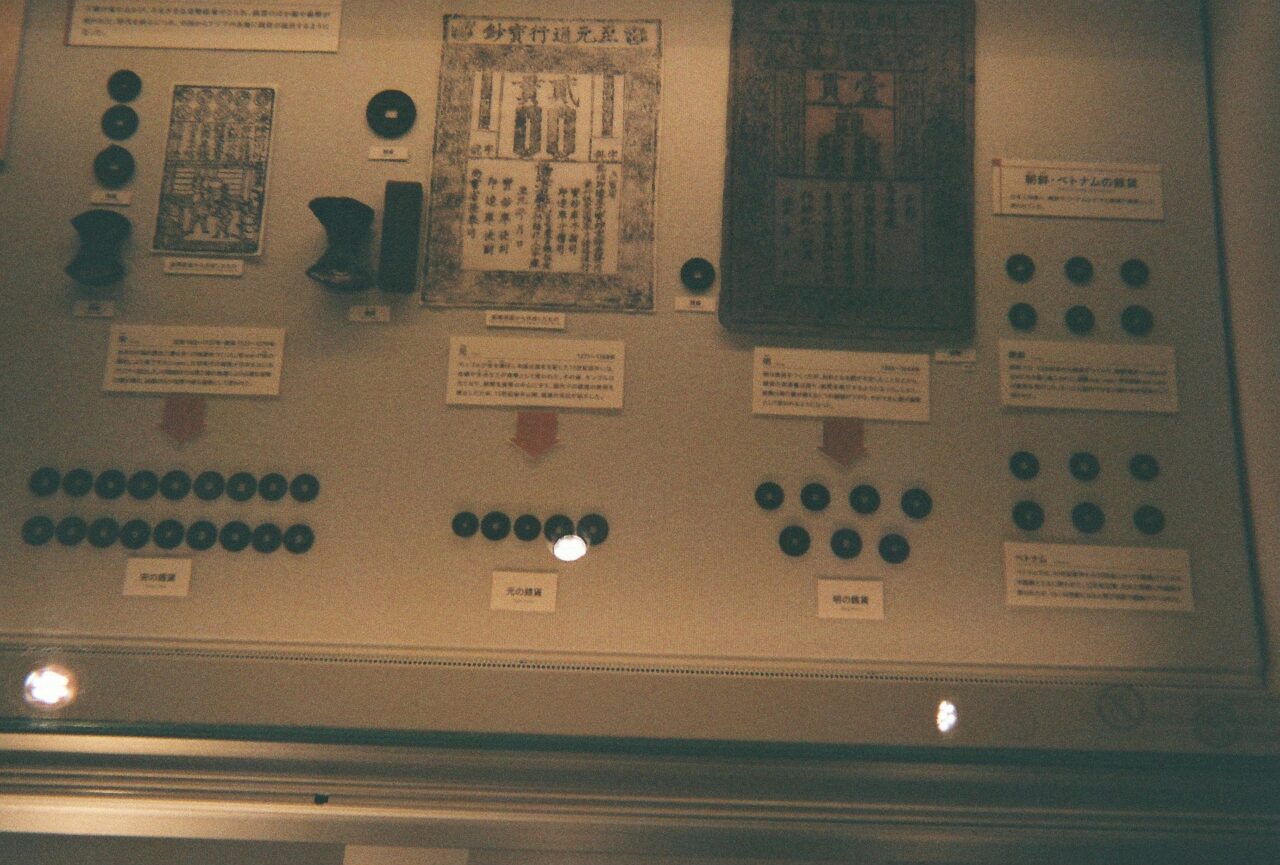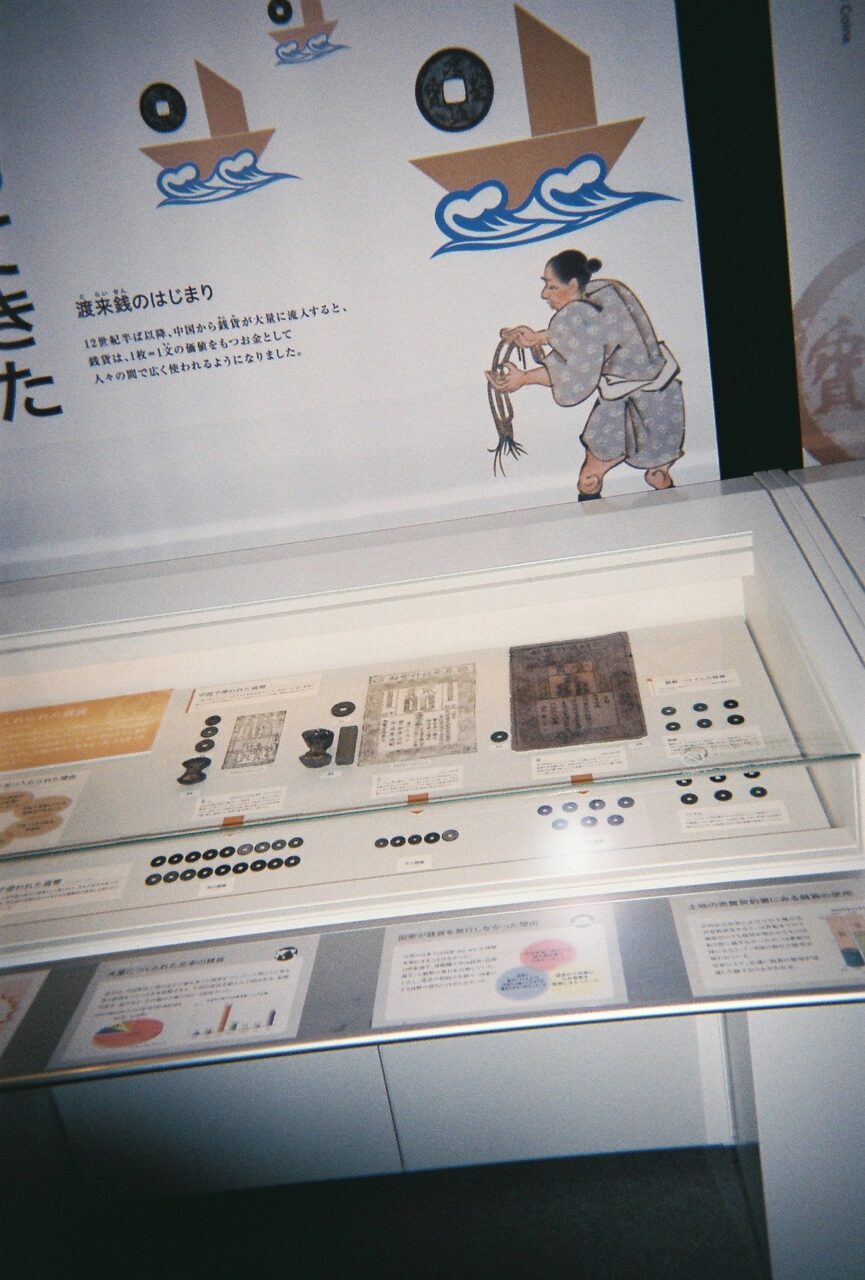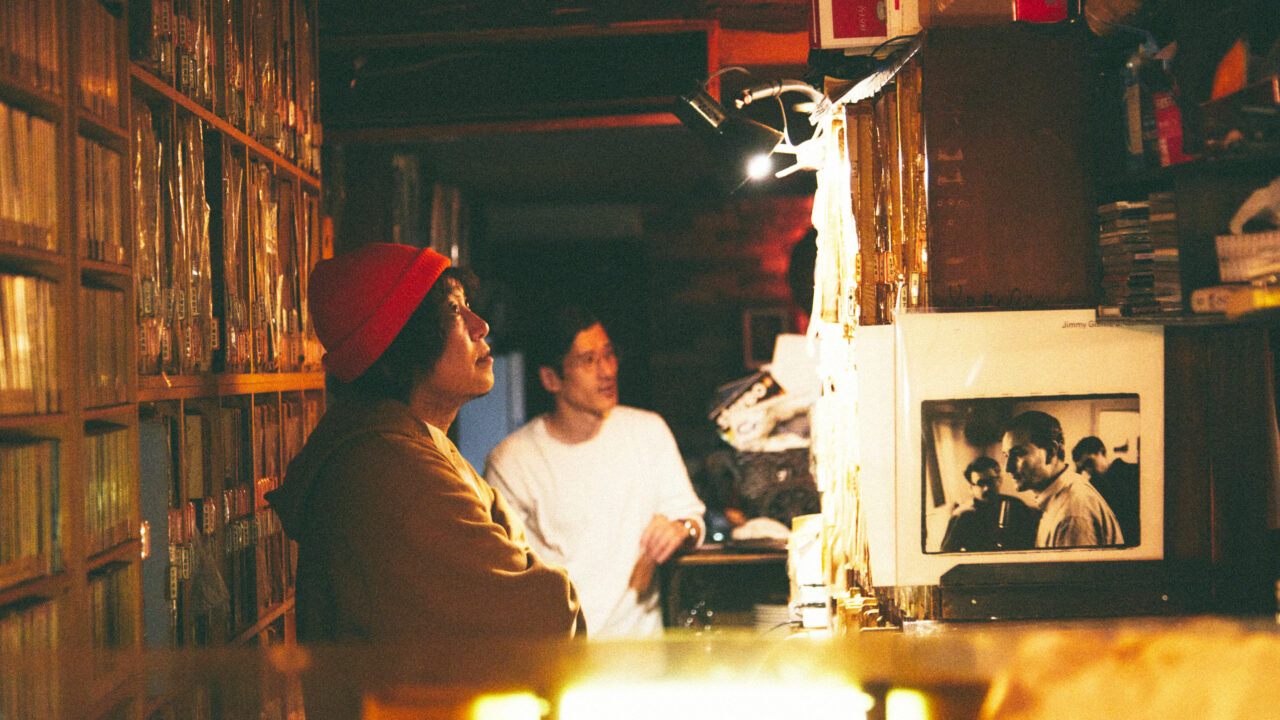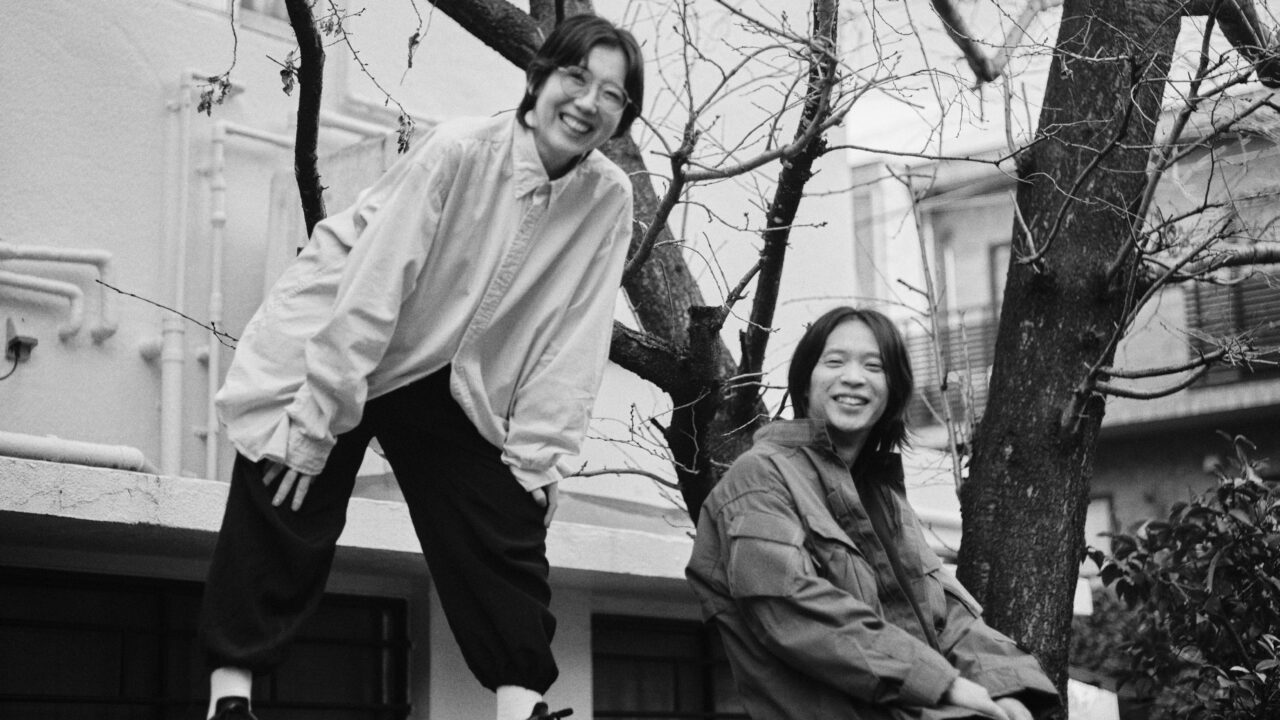Summer Eye’s Joy of Knowing
As his first name is written as “joy of knowing” (知幸), Summer Eye, aka Tomoyuki Natsume, visits experts in several fields. Summer Eye visits Nihonbashi’s Currency Museum for the first time of this series “Joy of Knowing “. He looked at the permanent exhibition “History of Japanese Coins” with the curator’s explanation.
INDEX
Can you exchange a radish with a synthesizer?
The first installment of “Let’s Go to the Currency Museum and Learn About Money!” It is.
People like money, don’t they? I’m already parting with my money! I’ll pretend I never met you! I’ll forget about you! Ugh! They seem to be so infatuated with money that even if they break up with it, they seem to get back together with it a few days later. I’m no longer bound to it even though I created it.
I wonder how did we end up like this? We hugged while looking at the night view. When I realized I had fallen asleep, and when I woke up in the morning, I still loved him. I can’t stay away. Money love. I can’t even keep my distance from you. But when I think about it, I don’t know anything about you. Where did you come from? Why are you there? I want to know more about you, that’s how I feel as I head towards Nihonbashi.
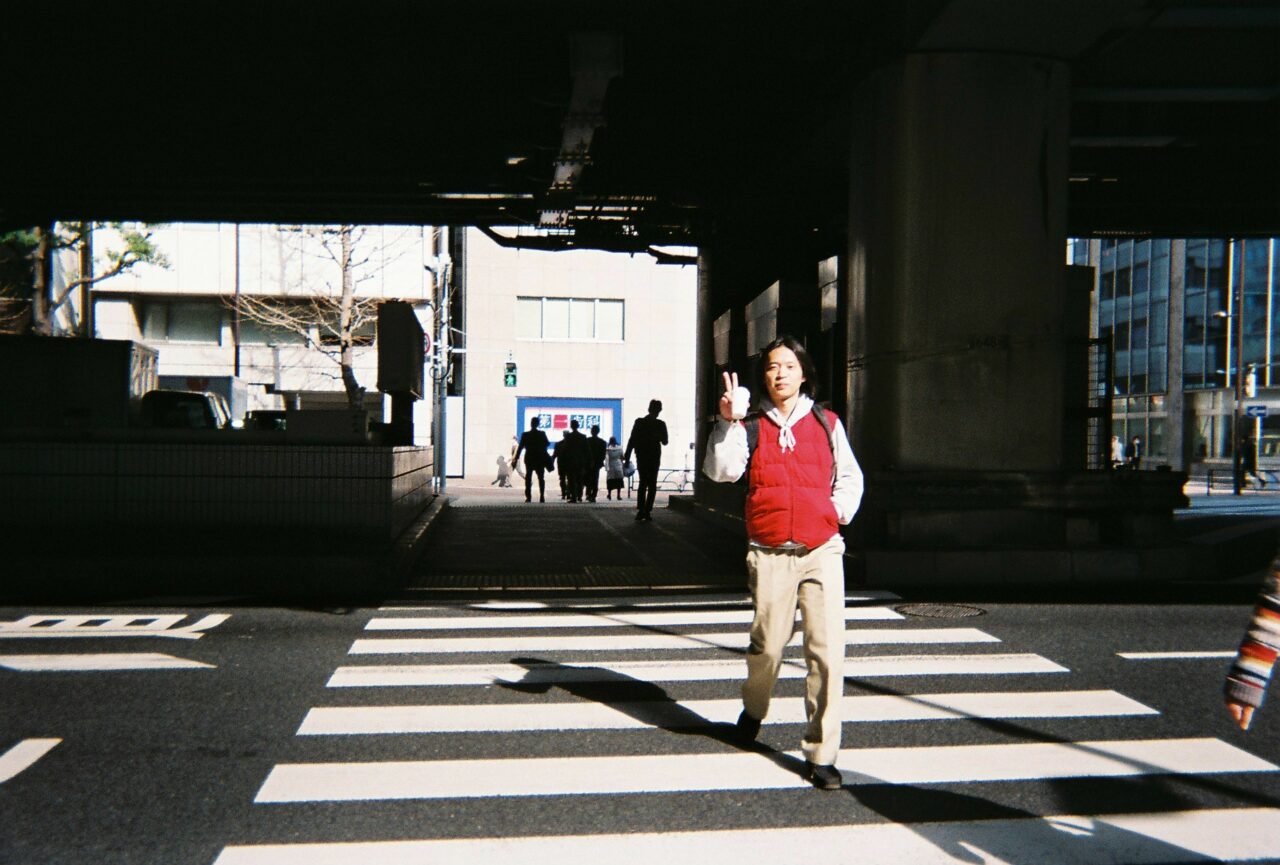
Enter the museum.
Without warning, the exhibition starts with the words, “Here is the oldest money!” Are we going to start from the point where we are already in a relationship? I asked the curator. I remember that in the textbooks, the love story started with the story that “before money, people bartered”. I asked. The curator replied, “We have not found any evidence of bartering in the history of mankind. In other words, there is no evidence for it, so we do not give any such explanation at our museum. Is that so?
It seems unlikely that any civilization would have left a statement such as “Mr. A and Mr. B bartered Mr. C and Mr. D.” If you ask me, I would say that there is no such statement in any civilization. Let’s imagine a little more. Let me put it in my own words. I have something you want, and you have something I want, and we both have something each other wants. But when it comes time to barter with each other, it can be very difficult.
If what I want is a Roland MC-202 (vintage synthesizer) and what you want is a radish, I’d have to give you the radish and other things! But you may not want anything but radishes. But I can’t just give up the MC-202 and say, “I’ll take that capotast in exchange for the radish.
What? Bartering is so hard, isn’t it? What a hassle. I’ll pay for your MC-202, and you can go to the grocery store and buy daikon radishes. That’s the best! That’s what you’re saying, isn’t it, Mr. Curator?
That’s really what I mean. There is no historical data on barter, but there are records that before money was created, people used things that were easy to find common value as money. In Japan, it is rice and cloth,” said the curator.
I see. The first two are strong in terms of food, clothing, and shelter. But rice and cloth will go bad someday, and they are also bulky. Also, they are bulky. So I guess that is why they were replaced by coins and paper money, which do not spoil and are not bulky.
